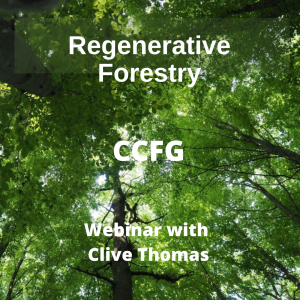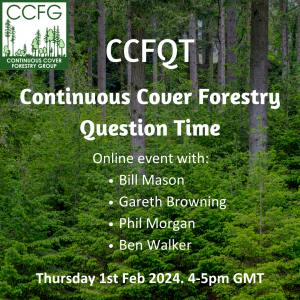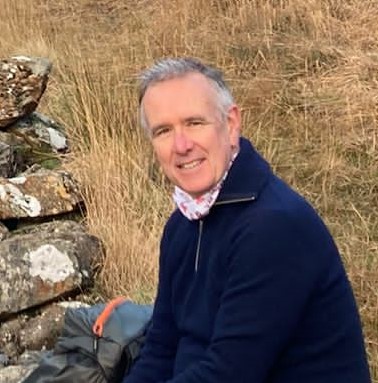CCF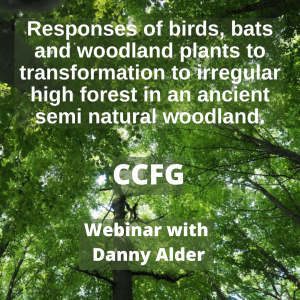 G will be hosting their next webinar – Biodiversity responses to transformation to irregular high forest – with Danny Alder – on Thursday 21st March 2024 4-5pm.
G will be hosting their next webinar – Biodiversity responses to transformation to irregular high forest – with Danny Alder – on Thursday 21st March 2024 4-5pm.
Danny’s talk will be about the biodiversity research project on the Rushmore Estate on the Dorset-Wiltshire border looking at the responses of woodland birds, bats and woodland plants to different stand management with a particular focus on the introduction of irregular high forest management.
The forest manager at Rushmore is Andy Poore, a founder member of CCFG, who gave a webinar in 2021 – to watch Andy’s talk for more background on this site please see this link.
Understanding how biodiversity responds to changes in the management of woodlands can be helpful to forest managers, especially in woodlands with a high nature conservation value, and more generally where the aim of forest management is to work with natural processes towards sustainable management. In this study on the Rushmore Estate, in the Cranborne Chase National Landscape, different taxonomic groups were sampled across different stand types. These included 1) traditional coppice and coppice with standards, 2) limited intervention, stands where management had effectively stopped for at least 30 years, 3) Irregular high-forest; a single tree or small group selection system which had been introduced in the 1980’s, and 4) Transitional management where stands were at the early stages of transformation towards irregular high-forest, which had come out of production and were either over-stood coppice or pole-stage, closed canopy. To help understand the responses of the different taxonomic groups it was important to look at how the structure of the woodland varied and relate these structural characteristics to the different species encountered.
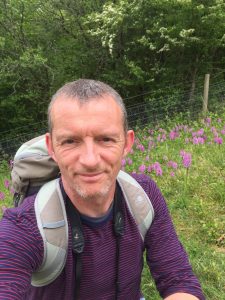
The talk will highlight the study methods and main findings, and will discuss the implications of the research which has produced three peer-reviewed papers in Forest Ecology and Management. A summary technical article is due to appear in the spring of 2024 in the Quarterly Journal of Forestry.
Dr Danny Alder undertook this research towards his PhD within the Natural Sciences department at Manchester Metropolitan University. Danny lives in Dorset and is an ecologist working in countryside management. He has a special interest in conservation ecology and research focusing on woodlands and their management.
To book your place please visit this link.
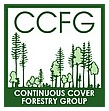

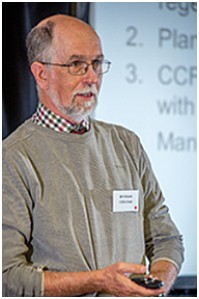
 Following the webinar on 23rd May with Victoria Stokes talking about an experiment in underplanting in conifers at Clocaenog Forest, a recording has now been made available on YouTube which
Following the webinar on 23rd May with Victoria Stokes talking about an experiment in underplanting in conifers at Clocaenog Forest, a recording has now been made available on YouTube which 
 has published a report including several case studies of Continuous Cover Forestry and the financial obstacles they faced. To read more, follow
has published a report including several case studies of Continuous Cover Forestry and the financial obstacles they faced. To read more, follow 
